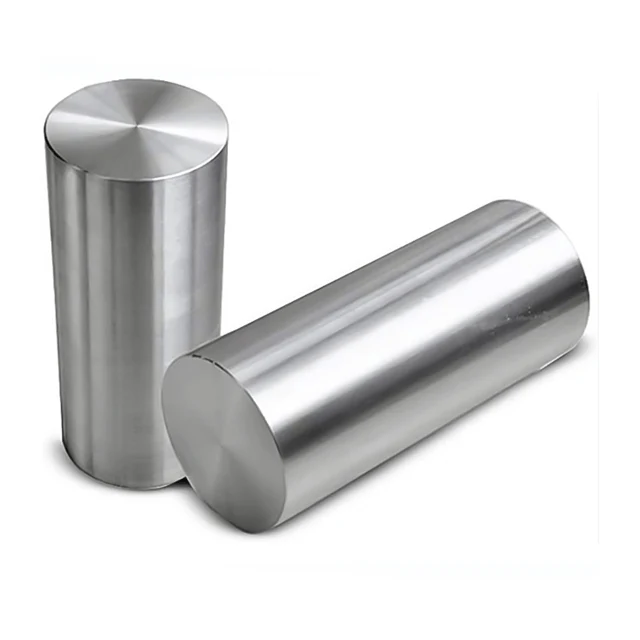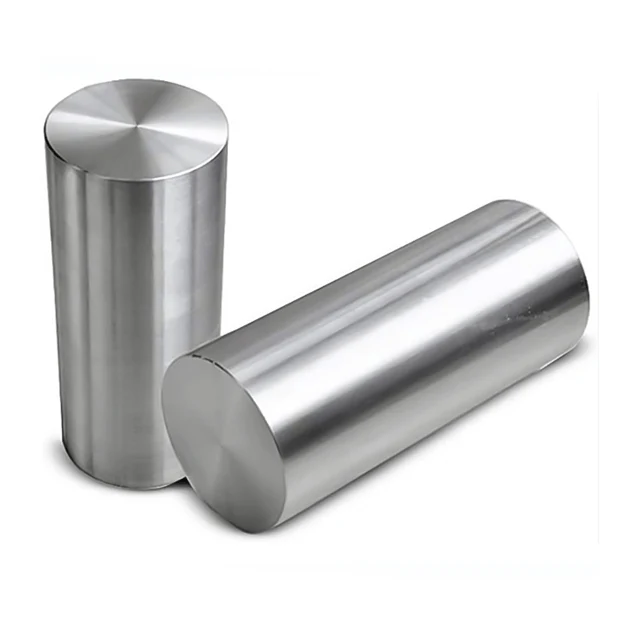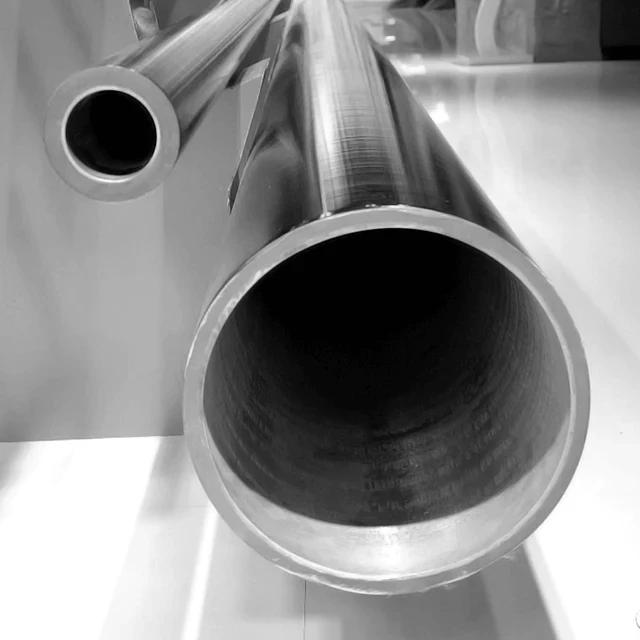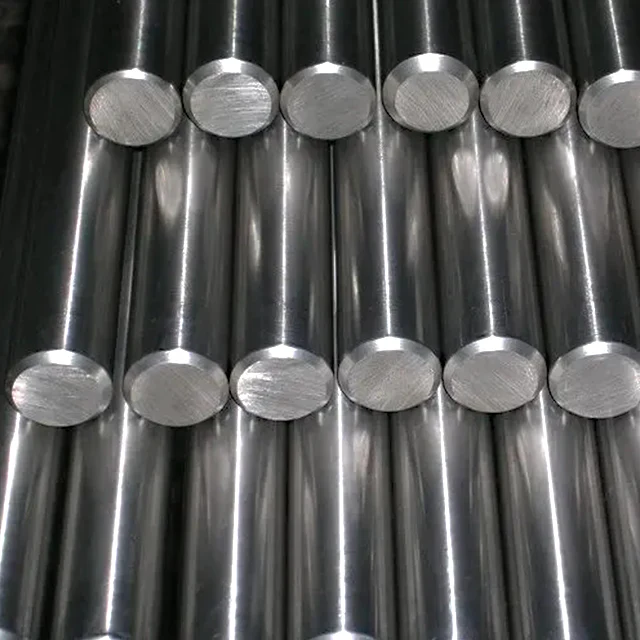Monel® 400 Alloy: Product Introduction, Advantages, and Standards
1. Overview
Monel® 400 (UNS N04400) is a nickel-copper alloy renowned for its exceptional corrosion resistance, mechanical strength, and versatility in harsh environments. Composed primarily of nickel (63–67%) and copper (28–34%), with small additions of iron, manganese, and other trace elements, it combines the best properties of both base metals. Developed by the International Nickel Company (now part of Special Metals Corporation), Monel 400 is widely used in marine, chemical, oil and gas, and aerospace industries.
2. Key Product Advantages
2.1 Superior Corrosion Resistance
- Acidic & Alkaline Environments: Resists corrosion in sulfuric acid, hydrofluoric acid, and alkaline solutions, particularly under reducing conditions.
- Seawater Resistance: Immune to chloride-induced stress corrosion cracking (SCC) and pitting, making it ideal for marine applications.
- Hydrogen Compatibility: Performs well in hydrogen embrittlement-prone environments.
2.2 Excellent Mechanical Properties
- High Strength: Tensile strength of 550–780 MPa (80–113 ksi) and yield strength of 240–550 MPa (35–80 ksi).
- Ductility & Toughness: Retains flexibility and impact resistance even at cryogenic temperatures (-200°C / -328°F).
- Thermal Stability: Maintains structural integrity up to 535°C (1,000°F) under continuous service.
2.3 Fabrication Versatility
- Weldability: Compatible with common techniques (TIG, MIG, SMAW) using Monel 400 filler metals.
- Machinability: Achieves smooth finishes with standard tooling, though slower speeds are recommended.
- Formability: Easily cold-worked into complex shapes due to its ductility.
2.4 Longevity in Extreme Conditions
- Resists erosion-corrosion in high-velocity seawater and steam.
- Non-magnetic and low sparking, suitable for explosive environments.
3. Key Specifications & Standards
Monel 400 complies with international standards across product forms:
Product Form | ASTM Standards | ASME Standards | Other Standards |
Plate/Sheet/Strip | ASTM B127 | SB-127 | DIN 17751, EN 2.4360 |
Rod/Bar/Wire | ASTM B164 | SB-164 | AMS 4676, JIS H4551 |
Pipes & Tubes | ASTM B165 | SB-165 | NACE MR0175 (sour service) |
Forgings | ASTM B564 | SB-564 | ISO 6207 (rolled bar) |
Fittings | ASTM B366 | SB-366 | NORSOK M-630 (offshore) |
Note: Additional certifications include MIL-DTL-23235 (military applications) and NACE MR0103 for H₂S environments.
4. Applications
- Marine Engineering: Propeller shafts, pump shafts, seawater valves, and desalination systems.
- Chemical Processing: Reactors, heat exchangers, and piping handling corrosive acids.
- Oil & Gas: Downhole tools, umbilicals, and components in sour gas wells.
- Aerospace: Fuel tanks, fasteners, and turbine blades.
- Power Generation: Feedwater heaters and boiler components.
5. Comparison with Competing Alloys
While alloys like Hastelloy C-276 and Inconel 625 excel in highly oxidizing conditions, Monel 400 outperforms in reducing environments and offers better cost-effectiveness for seawater applications.
6. Conclusion
Monel 400 remains a benchmark material for engineers prioritizing reliability in corrosive and high-stress settings. Its adherence to rigorous global standards ensures consistent performance across industries. For technical datasheets or custom specifications, consult certified suppliers such as Special Metals Corporation or Haynes International.
Keywords: Monel 400, UNS N04400, Nickel-Copper Alloy, Corrosion Resistance, ASTM B127, ASME SB-164, Marine Alloy.
This document is intended for engineers, procurement professionals, and technical decision-makers seeking detailed, standards-compliant information on Monel 400.







